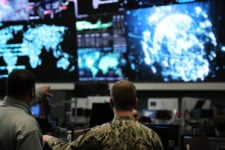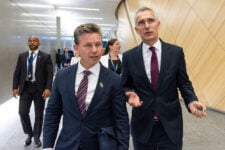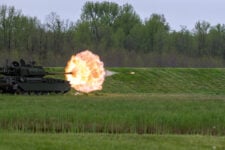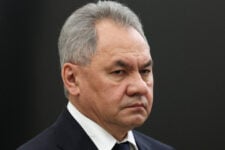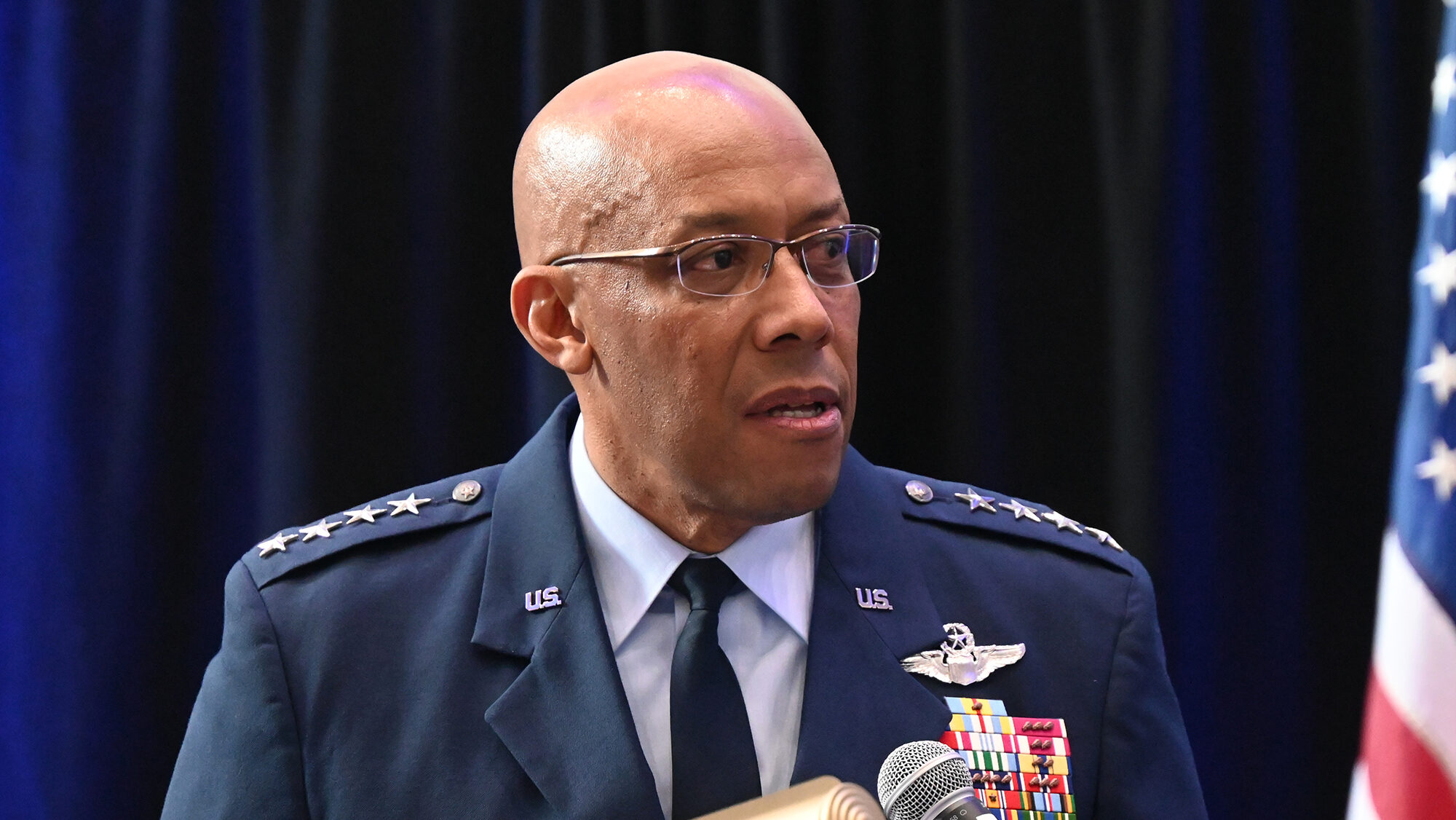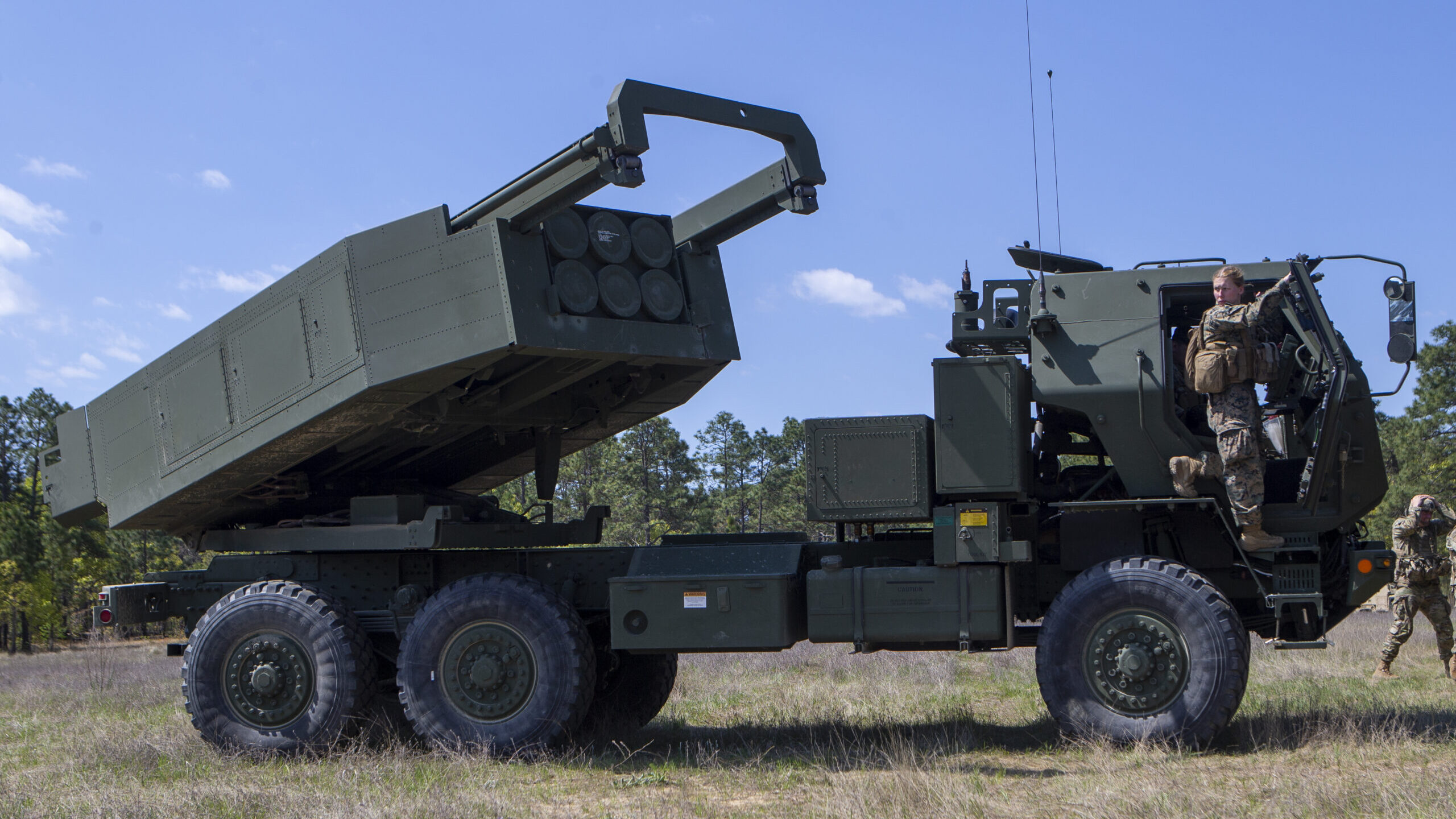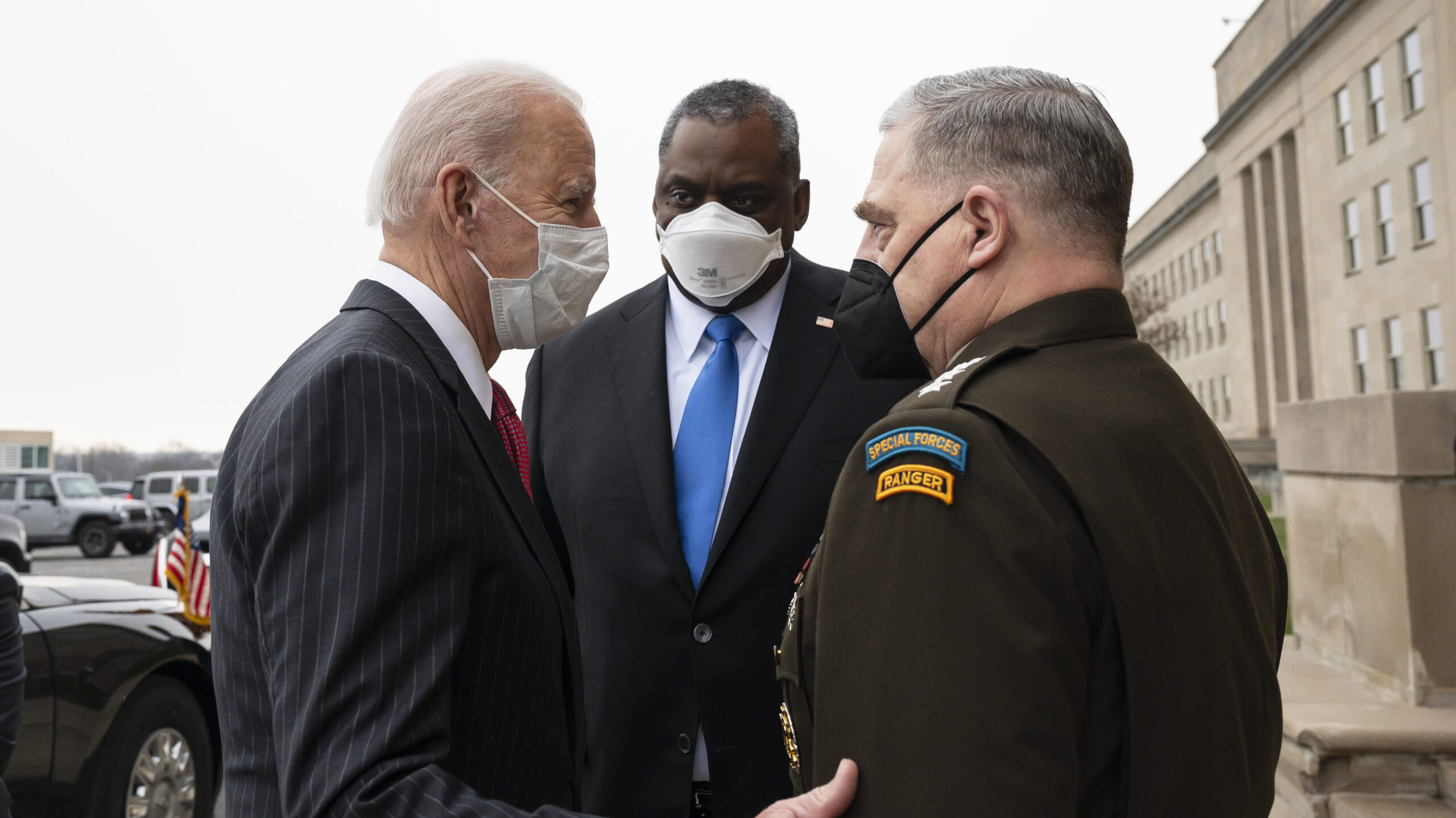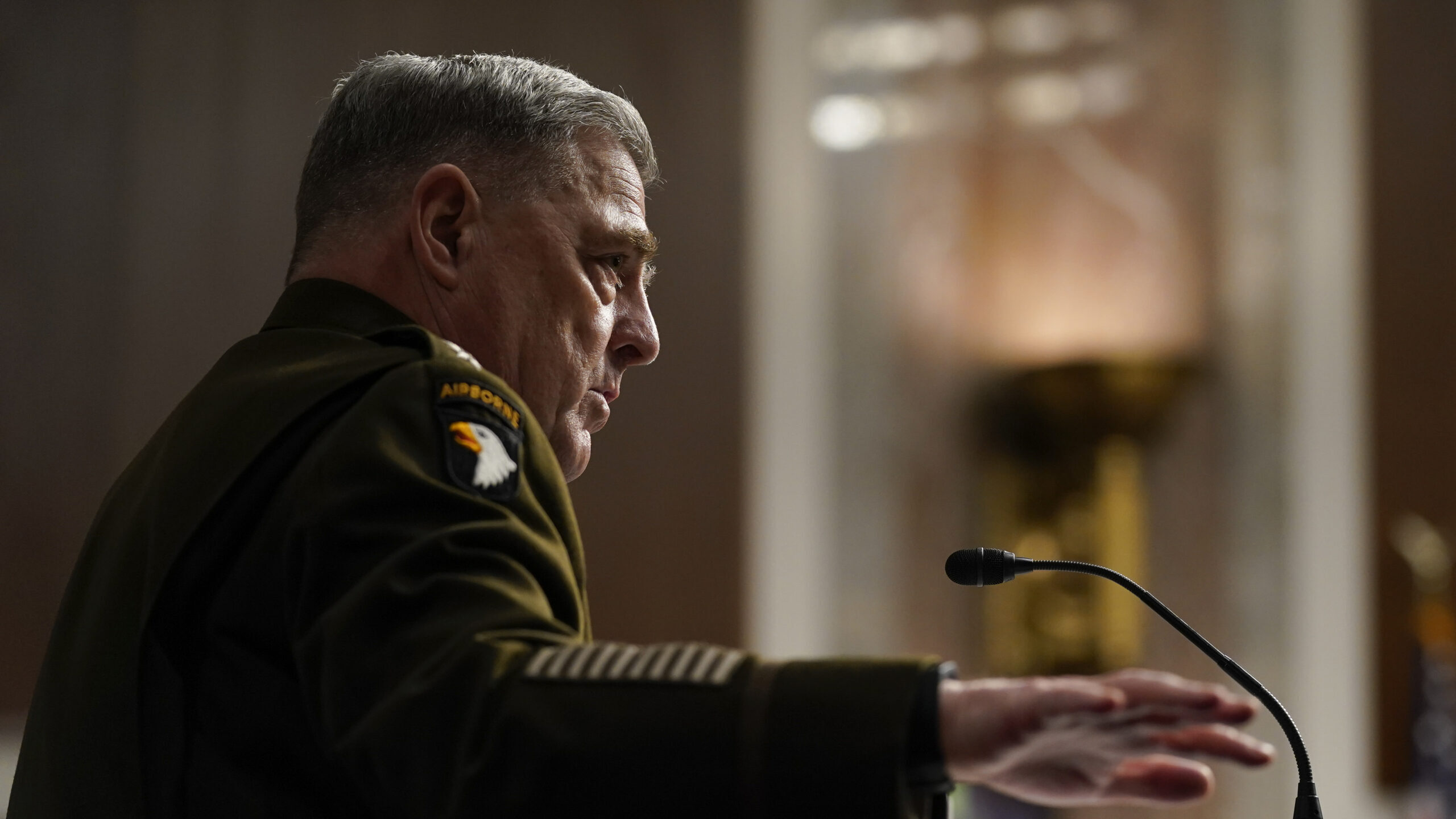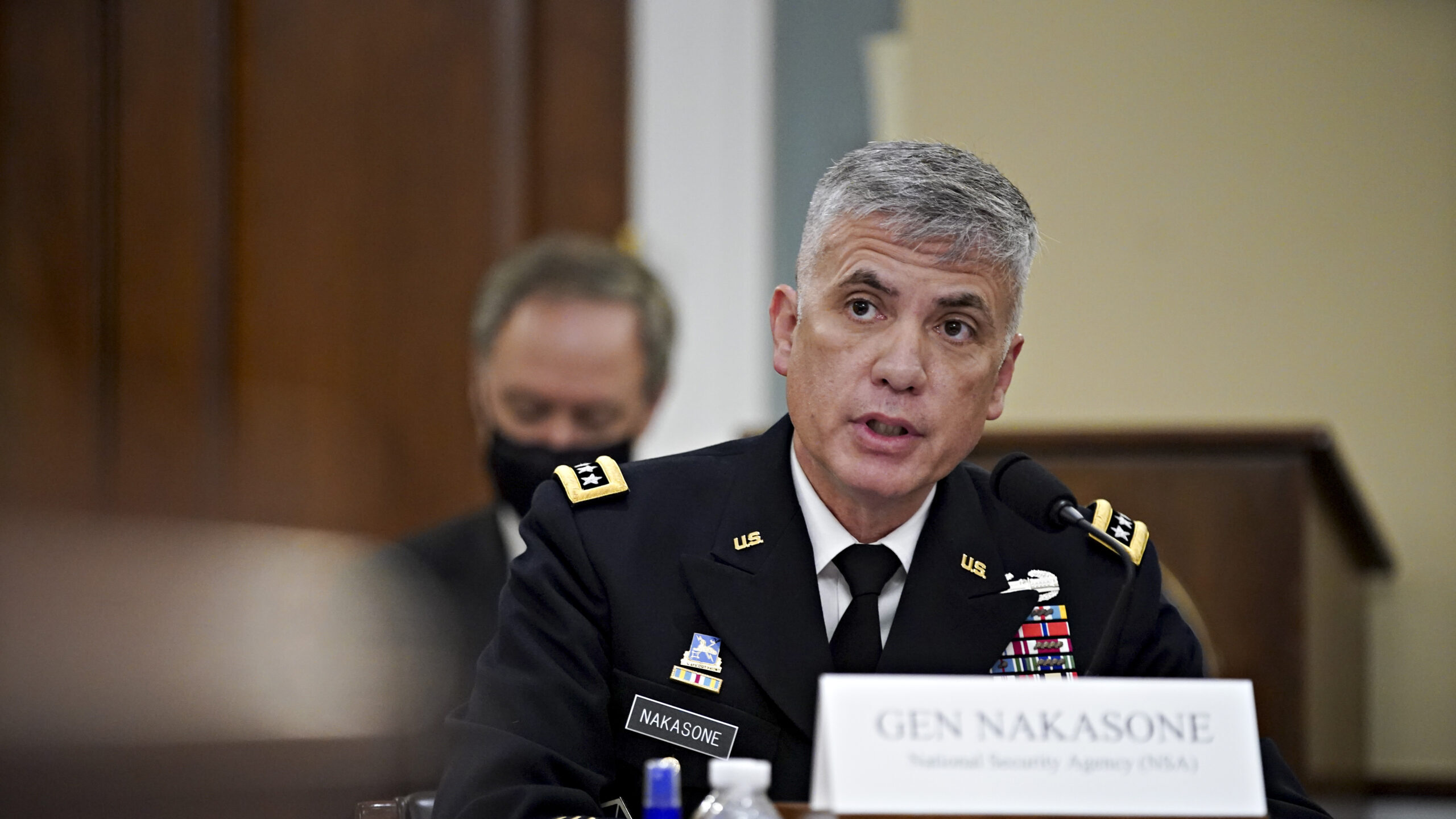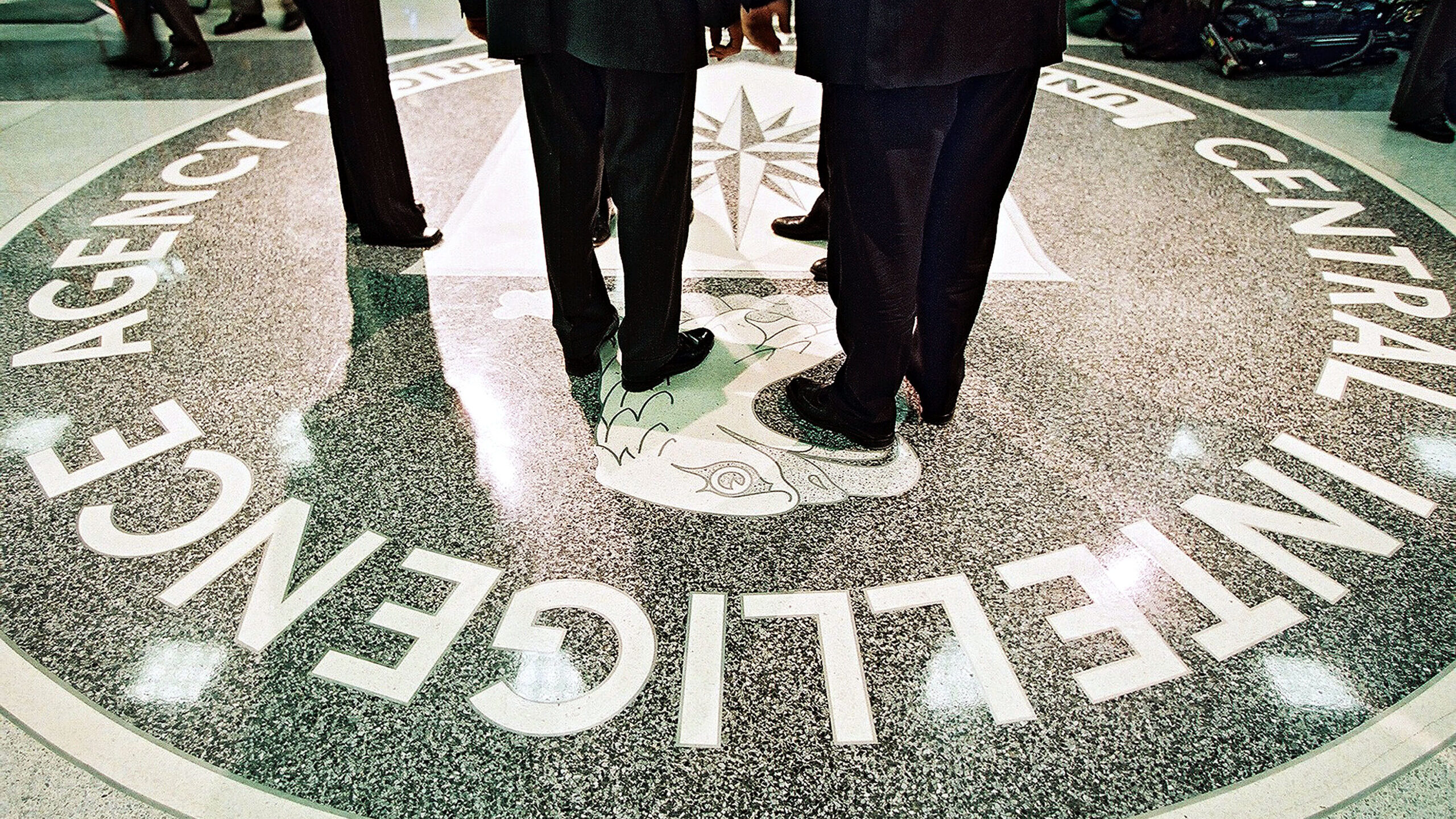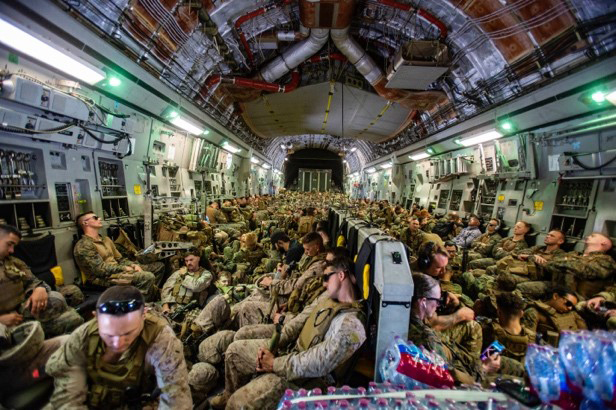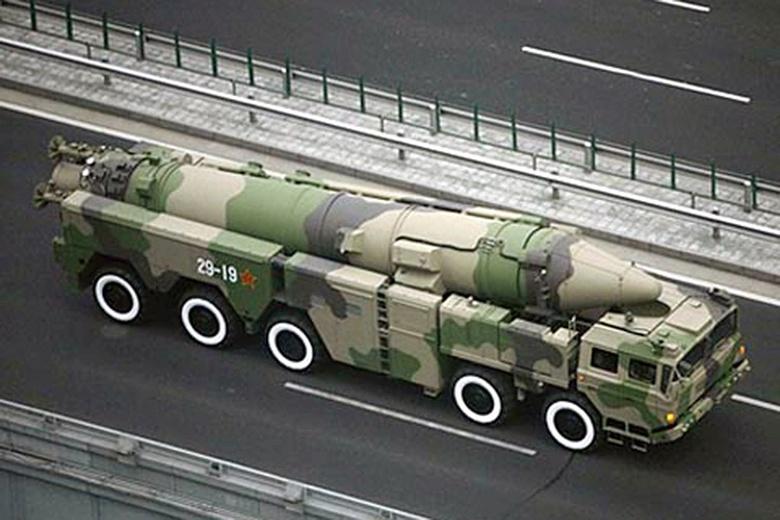

“How are we going to reduce civilian deaths to the smallest amount humanly possible?” asked Palantir’s Alex Karp this week. “That is a tech problem.”
By Sydney J. Freedberg Jr.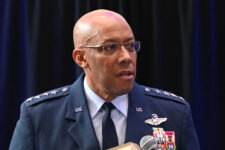
“We don’t take an oath to a religion. We don’t take an oath to a king, or queen, or tyrant, or dictator. And we don’t take an oath to a wannabe dictator,” Gen. Mark Milley said today.
By Ashley Roque
“China, right now describes us in their open speeches…as a declining power,” Gen. Mark Milley said “Defaulting on the debt will only reinforce that thought and embolden China and increase risk to the United States.”
By Ashley Roque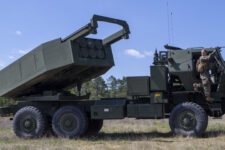
“We think that over time through close consultations with the Ukrainians, at both the professional and the political level, we’ll come to a good understanding about how many of these HIMARS we end up giving,” Jake Sullivan, Biden’s national security advisor, told CNAS.
By Theresa Hitchens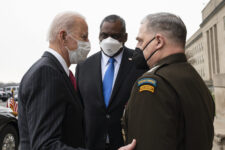
“For me, this isn’t just about how much money we spend on defense, this is about how we spend the money,” SASC ranking member Sen. Jim Inhofe said. “And we need a higher top line because what’s in this budget right now is not nearly enough to make up for lost time.”
By Jaspreet Gill
“My general view is that this president or any president deserve to have multiple options to deal with national security situations,” Milley said. “And my advice is listened to. And I have an opportunity to express my voice on a continuous basis many, many times.”
By Aaron Mehta
“While we don’t believe that President Putin has made a final decision to use these forces against Ukraine, he clearly now has that capability,” Defense Secretary Lloyd Austin said.
By Valerie Insinna
Milley experiencing “very minor” symptoms; other Joint Chiefs tested negative, Pentagon says.
By Justin Katz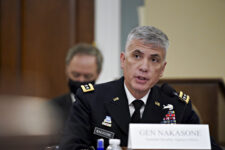
“Strategic competition is alive and well in cyberspace, and we’re doing it every day with persistent engagement,” the CYBERCOM and NSA leader said.
By Brad D. Williams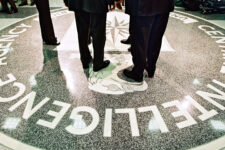
The bill also requires the IC to share information with the Defense Department’s Unexplained Aerial Phenomena Task Force.
By Brad D. Williams
The anguish of dealing with the aftermath of the end of the Afghan war came through clearly in some of Defense Secretary Austin’s testimony. “Did we have the right strategy? Did we have too many strategies? Did we put too much faith in our ability to build effective Afghan institutions, an army, an air force, the police force, and government ministries? We built a state, Mr. Chairman, but we could not forge a nation.”
By Colin Clark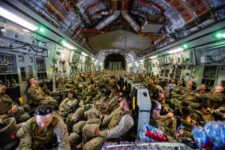
“We cannot afford to either not defend that airfield, or not have an airfield that secure, where we have hundreds or thousands of civilians that can access the airfield at will and put our forces at risk,” SecDef Austin said.
By Aaron Mehta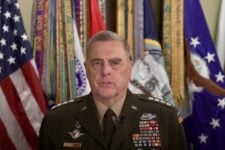
WASHINGTON: In an impassioned speech today, the chairman of the Joint Chiefs of Staff struck back broadly at Republican charges that the US military is harming unit cohesion and injecting racism into the services by exposing troops to the teachings of critical race theory. The money quote: “I want to understand white rage, and I’m…
By Colin Clark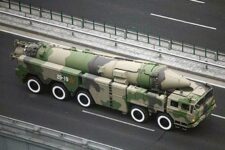
“The growing diversity of the Chinese nuclear threat and its mixing in with conventional forces creates complexity for US commanders. It is also unclear what conditions would lead to PRC nuclear use, since their arsenal is growing and creating more options,” Bryan Clark of the Hudson Institute says.
By Colin Clark


